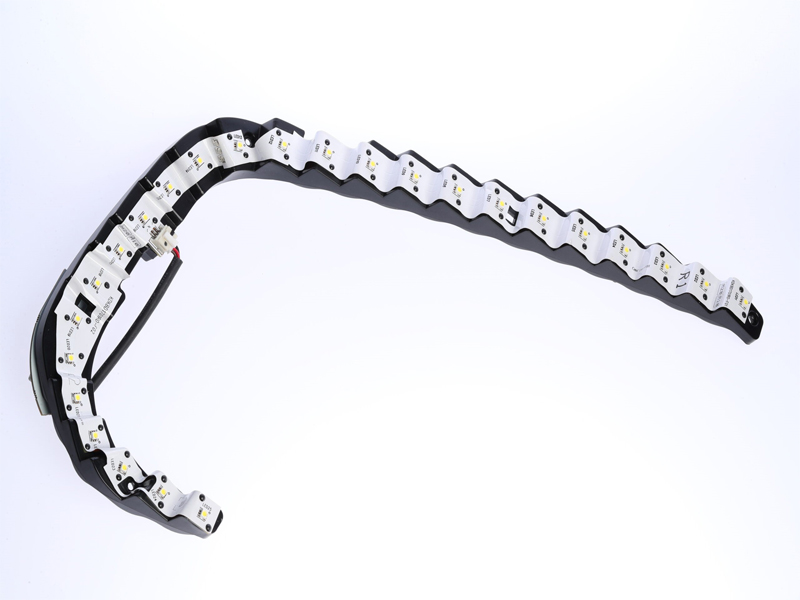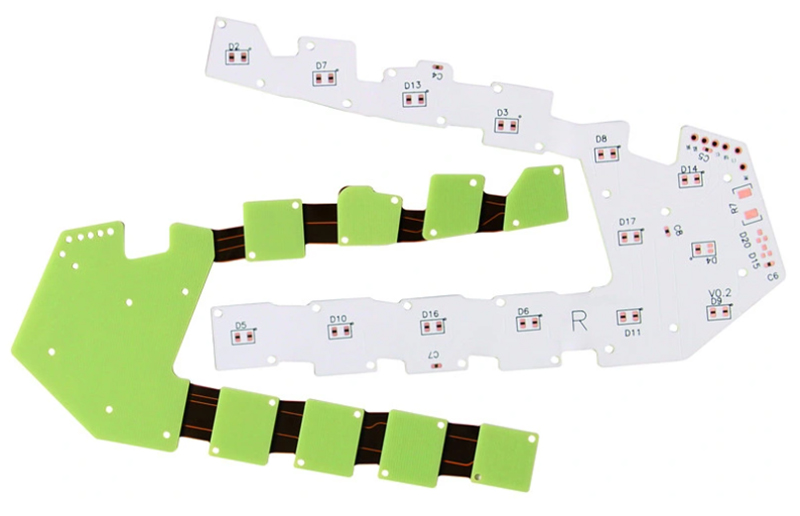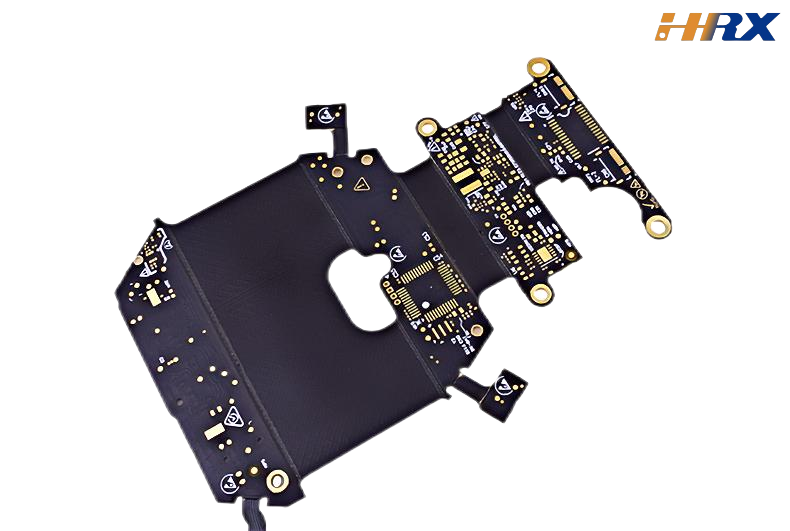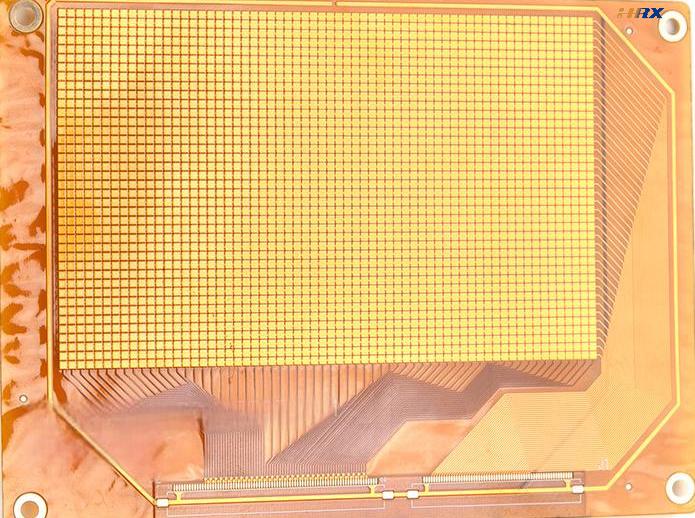Search
Comparing Automotive LED Light Boards to Standard LED Light Strips
- Aug 30,2023
-
Share
In the world of LED lighting, there are various types of boards designed for different applications. One significant distinction is between automotive LED light boards and standard LED light strips. While both serve the purpose of illuminating spaces, they have several key differences that make them suitable for their specific uses. Let's explore these differences in terms of copper thickness, surface treatment, and physical dimensions.

1. Copper Thickness
Automotive LED Light Boards:
Typically use thick copper, often around 2oz (ounces per square foot).
The thicker copper provides better current-carrying capacity and enhanced thermal management, which is crucial in automotive applications where durability and reliability are paramount.
Standard LED Light Strips:
Usually feature thinner copper, commonly 1oz or even 1/2oz.
This is sufficient for general lighting applications where the current requirements are lower, and thermal management is less critical.
2. Surface Treatment
Automotive LED Light Boards:
Commonly employ immersion gold (ENIG) surface treatment, gold thickness should be 2u "or thicker.
Immersion gold provides a smooth and flat surface, which is ideal for soldering LEDs. It also offers excellent corrosion resistance, essential for the harsh conditions often encountered in automotive environments.
Standard LED Light Strips:
Often use OSP (Organic Solderability Preservative) as a surface finish.
OSP is a cost-effective solution that provides adequate protection for general use but may not offer the same level of durability and soldering ease as immersion gold.

3. Physical Dimensions
Automotive LED Light Boards:
Typically have lengths between 500mm and 1000mm.
The shorter length ensures better mechanical stability and ease of handling, which is critical in automotive assembly lines and for fitting into the compact and intricate spaces within vehicles.
Standard LED Light Strips:
Can be manufactured in much longer lengths and then cut to the desired size.
This flexibility in length makes them ideal for applications where long, continuous runs of light are needed, such as in architectural lighting or decorative purposes.
The differences between automotive LED light boards and standard LED light strips highlight the specific requirements and considerations for each application. Automotive LED boards are designed with thicker copper for better current handling and thermal management, use immersion gold for superior solderability and durability, and are typically shorter in length to fit into vehicle spaces. In contrast, standard LED strips use thinner copper, are often finished with OSP, and can be produced in longer lengths for versatile general lighting solutions.
Understanding these differences is crucial for engineers and designers when selecting the right type of LED board for their projects. By choosing the appropriate board, they can ensure optimal performance, longevity, and suitability for the intended application. Whether you are lighting up a car’s interior or creating a stunning architectural display, the right LED board makes all the difference.

Let’s talk! We’ll provide the perfect solution for you!
-
 Huaruixin Electronics mainly produces printed circuit boards as the core business, to provide customers with one-stop solutions for FPC/PCB production, components sourcing and Assembly.
Huaruixin Electronics mainly produces printed circuit boards as the core business, to provide customers with one-stop solutions for FPC/PCB production, components sourcing and Assembly. - WHAT WE DO — PCB Design Solutions — Flex PCB Production — Components Sourcing — FPC&PCB Assembly
- PRODUCTS — Single Sided Flexible Circuits — Double Sided Flexible Circuits — Multilayer Flexible Cirucits — Rigid-Flex Circuits — FPC Assembly — PCB Assembly
- CAPABILITY — FPC Capability — Rigid-Flex Capability — PCB Capability — Assembly Capability
- Copyright © 2024 Shenzhen Huaruixin Electronics Co., Ltd. All Rights Reserved.
- Design By BONTOP


